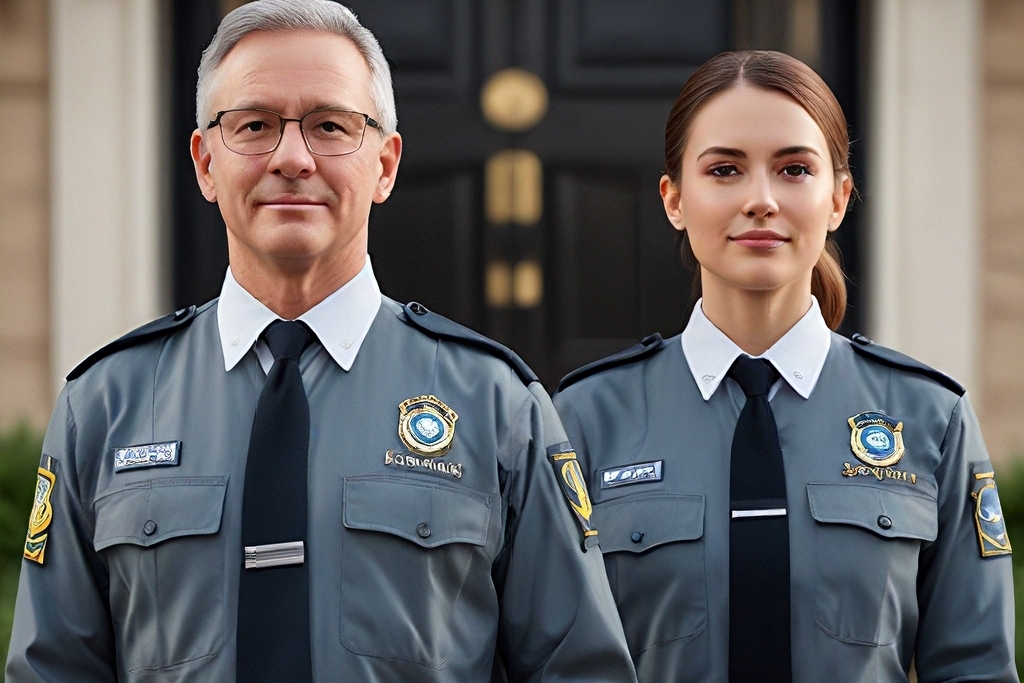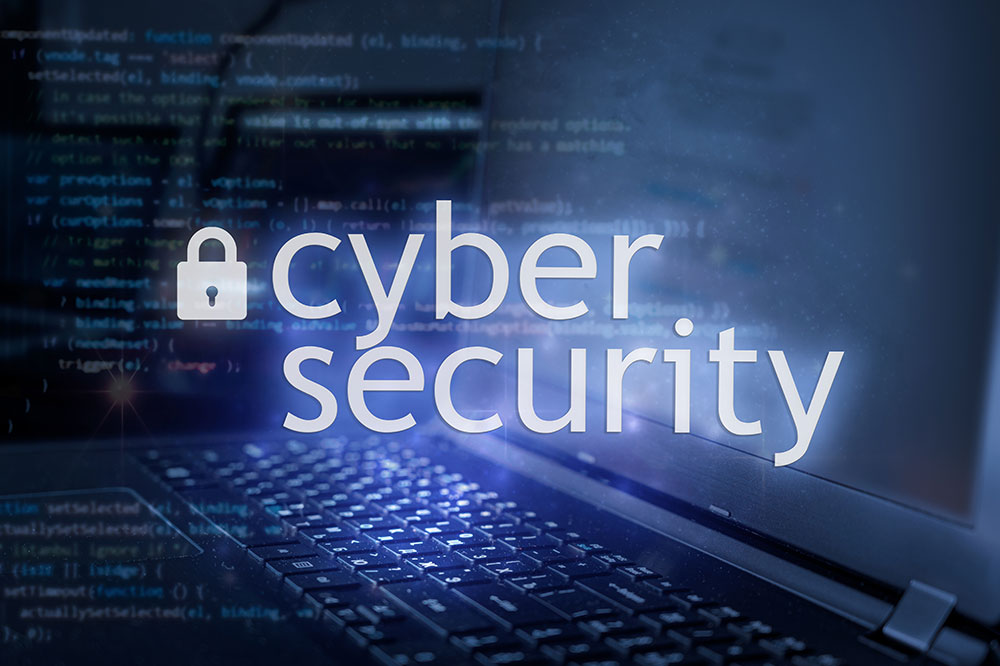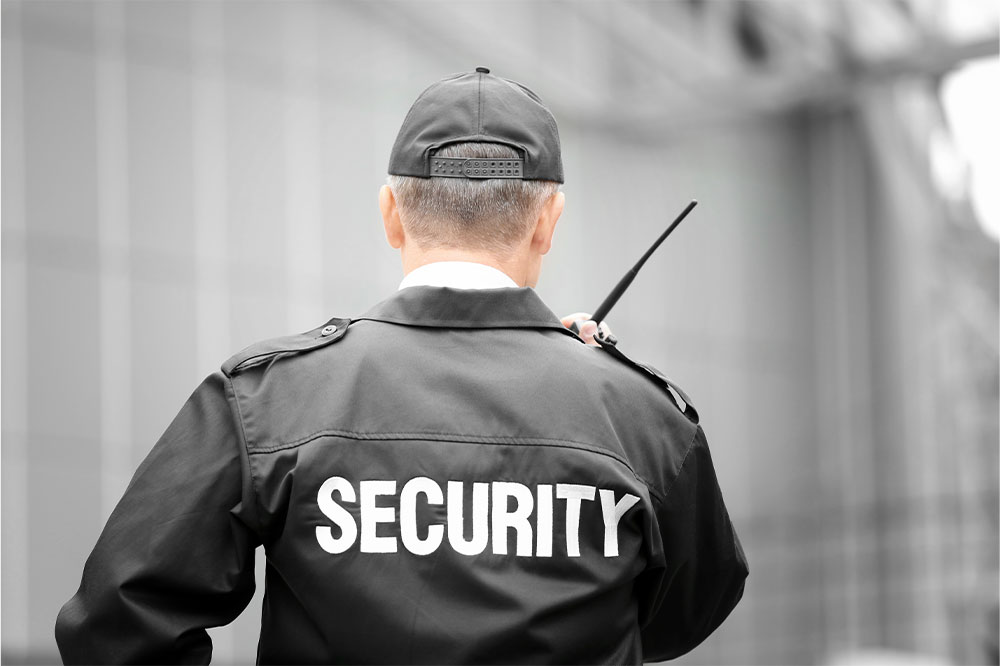Career Opportunities in Security Guard Services: A Complete Guide
Discover the diverse career options within the security industry, including roles like unarmed guards, armed officers, event security, and more. This guide highlights essential skills, certifications, and work environments, helping you choose the right path in security services. With opportunities for growth and specialization, security careers provide stability and variety for motivated individuals interested in safety and protection.
Sponsored

Security guard roles are essential in safeguarding people, properties, and assets across various environments like commercial buildings, residential communities, retail centers, and public venues. These positions span a broad spectrum of duties, skills, and career potential, appealing to diverse individuals. This article explores the common types of security personnel, their responsibilities, and the competencies required for success. Additionally, a comparison table highlights different security guard roles to help you understand your options better.
What Are the Duties of Security Guards?
Security officers are tasked with protecting individuals, property, and critical assets from threats such as theft, vandalism, and violence. Their specific duties often depend on the setting but generally include:
Patrolling and inspecting spaces to detect suspicious activity.
Monitoring surveillance systems like cameras and alarm devices.
Enforcing safety policies to create secure environments for staff and visitors.
Handling emergencies such as fires, medical incidents, or unauthorized access.
Detaining individuals suspected of committing crimes until law enforcement arrives.
Documenting incidents through detailed reports.
These responsibilities are executed in diverse locations, including corporate offices, retail outlets, hospitals, manufacturing sites, airports, and residential complexes. The extent of duties varies based on the security requirements of each site, whether high-security government facilities or small retail stores.
Categories of Security Guard Positions
Security work is categorized into several types based on environment, responsibilities, and level of danger. Here’s an overview of main security guard roles:
1. Uniformed Security Officers
These guards are the most visible security personnel. Often positioned in public-facing roles, they serve as a deterrent against criminal activity at malls, corporate complexes, and special events.
Main tasks: Patrolling, rule enforcement, public interaction.
Desired skills: Effective communication, conflict resolution, physical fitness.
Necessary certifications: Basic security training, with location-specific credentials.
2. Armed Security Officers
Equipped with firearms, armed guards work in high-risk sites such as financial institutions, government buildings, or private security firms, requiring advanced training and responsibility.
Main duties: Safeguarding valuable assets, responding with force if needed, ensuring overall safety.
Necessary skills: Gun handling, crisis management, higher physical readiness.
Certifications required: State licensing, firearm training, background checks.
3. Event Security Staff
Hired for concerts, sports events, or large gatherings, these security professionals manage crowd control, search protocols, and safety of participants and attendees.
Main tasks: Checking bags, managing flows, handling disturbances.
Skills needed: Crowd management, vigilance, clear communication.
Certifications necessary: Event security training, CPR certification.
4. Corporate Security Personnel
These guards protect business premises, including offices and warehouses, by overseeing access, monitoring facilities, and safeguarding assets both physical and digital.
Responsibilities: Access management, surveillance, assisting with evacuation procedures.
Skills: Familiarity with security tech, customer interaction, crisis handling.
Certifications: Corporate security courses, familiarity with safety protocols.
5. Residential Security Officers
Securing gated communities, apartment complexes, and private properties, they control entry points, patrol neighborhoods, and verify visitors’ identities.
Key Duties: Prevent unauthorized access, monitor resident activities, respond to emergencies.
Skills: Interpersonal skills, attention to detail.
Certifications: Basic security training, CPR or first aid preferred.
6. Industrial Security Agents
Focus on protecting factories, warehouses, and industrial facilities by preventing theft, overseeing safety compliance, and monitoring machinery and hazardous materials.
Main Tasks: Access control, surveillance, safety regulation adherence.
Skills: Industrial safety knowledge, stamina, keen observation.
Certifications: Specialized training in industrial safety and hazardous materials.
Essential skills across all security roles include vigilance, communication, problem-solving, physical fitness, and customer service. Most positions require licenses, first aid or CPR certification, and firearm handling for armed roles. Security jobs may involve shift work, outdoor or indoor settings, and varying schedules but offer ample opportunities for career development in a dynamic industry.





